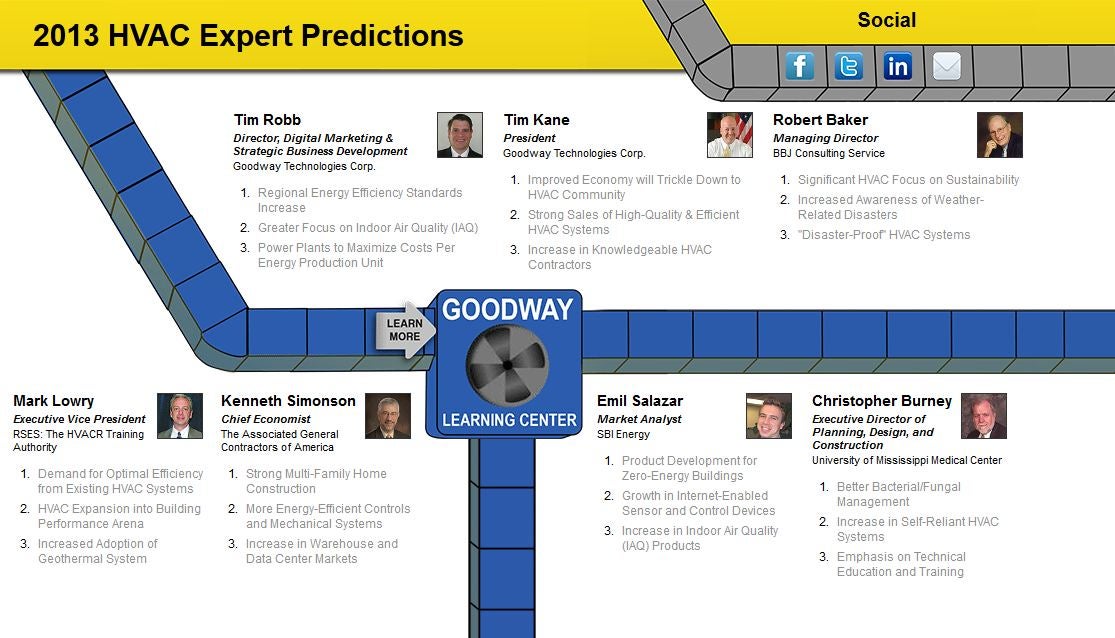The Future Of Home Home Heating - Exactly How Heatpump Innovation Is Progressing
The Future Of Home Home Heating - Exactly How Heatpump Innovation Is Progressing
Blog Article
Content Author-Fraser MacGregor
Heat pumps will be a crucial innovation for decarbonising home heating. In https://traviseezsr.develop-blog.com/35613118/checking-out-the-ecological-benefits-of-warmth-pumps-a-lasting-heating-service with federal governments' revealed energy and environment dedications, their global capability doubles by 2030, while their share in home heating rises to one-quarter.
They function best in well-insulated homes and rely on electrical energy, which can be provided from a sustainable power grid. Technical developments are making them extra effective, smarter and more affordable.
Fuel Cells
Heat pumps use a compressor, refrigerant, coils and fans to move the air and heat in homes and appliances. They can be powered by solar energy or electricity from the grid. They have actually been getting appeal as a result of their low cost, quiet procedure and the capacity to generate electrical power during peak power demand.
Some companies, like IdaTech and BG MicroGen, are working with fuel cells for home heating. These microgenerators can replace a gas boiler and create a few of a residence's electric needs with a link to the electricity grid for the rest.
Yet there are factors to be doubtful of using hydrogen for home heating, Rosenow claims. It would be expensive and ineffective contrasted to other modern technologies, and it would add to carbon exhausts.
Smart and Connected Technologies
Smart home technology allows property owners to connect and control their gadgets remotely with using smartphone applications. For example, smart thermostats can discover your home heating choices and automatically adjust to maximize power consumption. Smart illumination systems can be regulated with voice commands and instantly turn off lights when you leave the room, minimizing energy waste. And smart plugs can keep track of and manage your electric usage, allowing you to identify and limit energy-hungry devices.
The tech-savvy house portrayed in Carina's interview is an excellent picture of exactly how owners reconfigure area home heating practices in the light of new smart home technologies. They count on the tools' computerized attributes to carry out daily modifications and regard them as a hassle-free methods of conducting their heating methods. As such, they see no factor to adapt their methods additionally in order to allow adaptability in their home energy demand, and interventions aiming at doing so might face resistance from these homes.
Power
Given that warming homes make up 13% people discharges, a button to cleaner options might make a large difference. But the innovation faces difficulties: It's pricey and calls for substantial home remodellings. And it's not constantly suitable with renewable resource sources, such as solar and wind.
Up until recently, electric heat pumps were too costly to compete with gas models in most markets. Yet new advancements in style and materials are making them extra budget friendly. And much better cold climate efficiency is allowing them to function well also in subzero temperature levels.
The next step in decarbonising heating might be the use of warm networks, which attract warmth from a main source, such as a close-by river or sea inlet, and distribute it to a network of homes or structures. That would certainly lower carbon exhausts and enable homes to capitalize on renewable energy, such as environment-friendly electricity from a grid supplied by renewables. This choice would certainly be much less costly than changing to hydrogen, a nonrenewable fuel source that calls for brand-new framework and would only reduce CO2 discharges by 5 percent if coupled with enhanced home insulation.
Renewable Energy
As electricity prices drop, we're beginning to see the same fad in home heating that has driven electrical autos right into the mainstream-- but at an also faster pace. hop over to these guys for electrifying homes has actually been pressed further by brand-new study.
Renewables represent a significant share of contemporary warmth usage, yet have been offered restricted plan focus worldwide compared to other end-use markets-- and also much less attention than electrical energy has. In part, this shows a mix of consumer inertia, divided rewards and, in many nations, subsidies for fossil fuels.
New modern technologies could make the change much easier. For example, heatpump can be made much more power efficient by changing old R-22 cooling agents with new ones that do not have the high GWPs of their precursors. Some professionals likewise visualize district systems that attract warmth from a close-by river or sea inlet, like a Norwegian fjord. The warm water can after that be used for heating and cooling in a community.